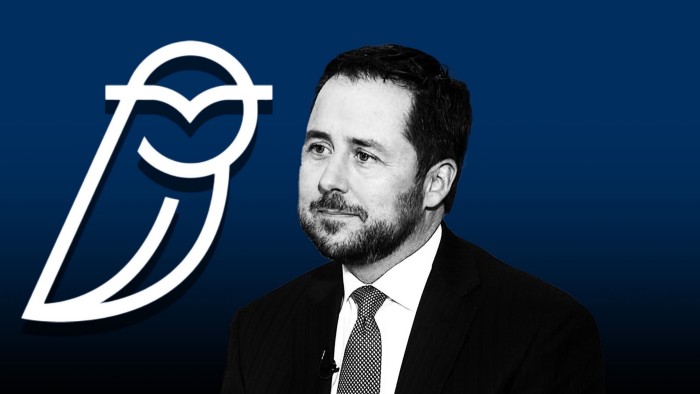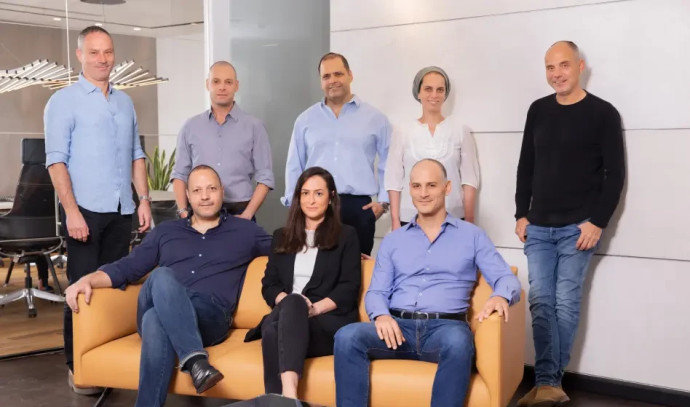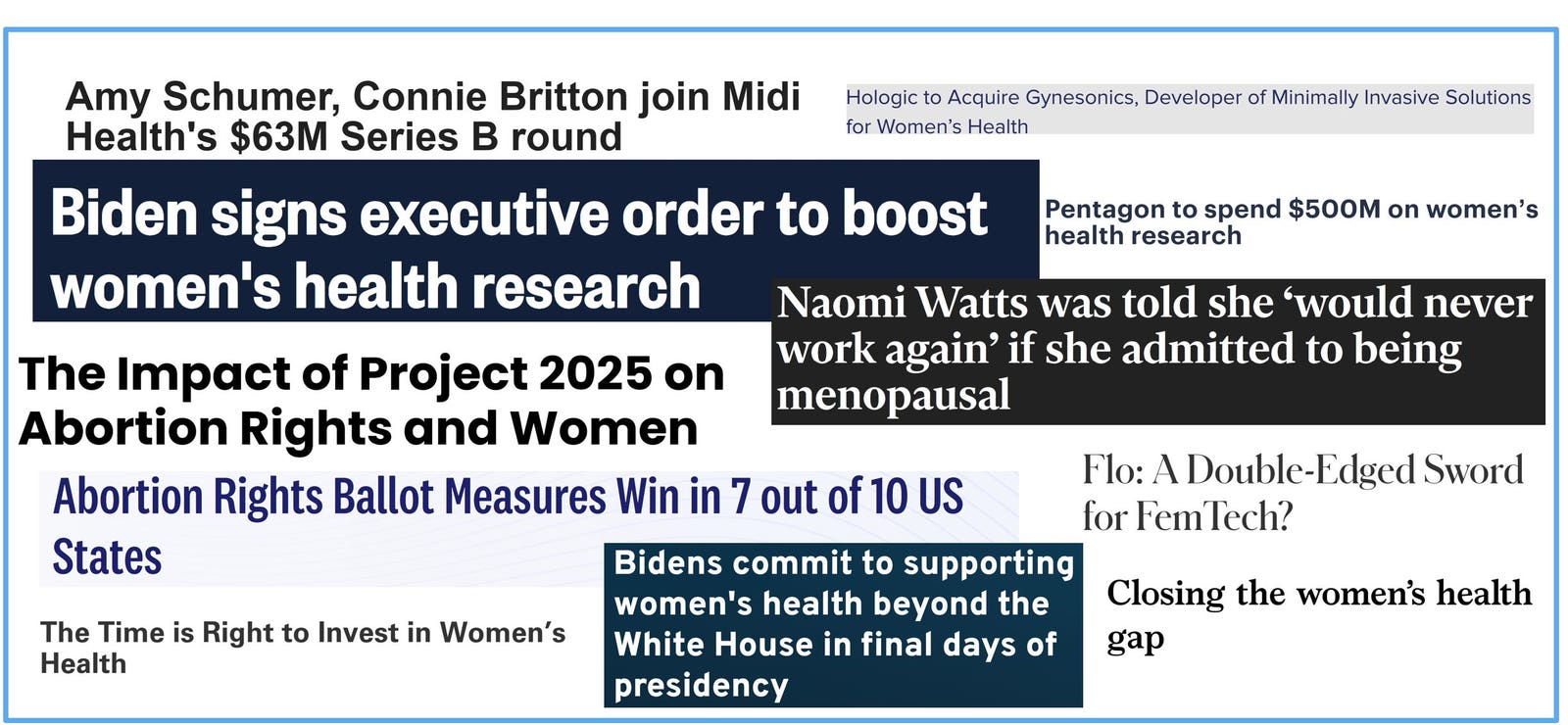One potential car giant to start: Nissan and Honda are in exploratory talks about a merger of the two carmakers that would create a $52bn Japanese behemoth that would help them better compete with fast-growing Chinese EV manufacturers, according to two people briefed on the matter.
And a massive VC deal: Databricks has raised $10bn in the biggest venture capital deal of the year, giving the US data analytics and artificial intelligence company a valuation of $62bn. The company raised the cash from investors including Thrive Capital and Andreessen Horowitz.
Welcome to Due Diligence, your briefing on dealmaking, private equity and corporate finance. This article is an on-site version of the newsletter. Premium subscribers can sign up here to get the newsletter delivered every Tuesday to Friday. Standard subscribers can upgrade to Premium here, or explore all FT newsletters. Get in touch with us anytime: [email protected]
In today’s newsletter:
-
Michael Rees sounds out next private capital giant
-
How US asset managers dominate Europe
-
At last, the Czech’s in the Royal Mail
Blue Owl’s Michael Rees wants to play private equity kingmaker
Since co-founding the private equity firm Dyal Capital more than a decade ago, financier Michael Rees’s wealth has ballooned into the billions.
Rees, who pioneered the strategy of buying minority stakes in fast-growing private equity firms such as Vista Equity Partners, realised long before his competitors that limited partners were hungry for alternative asset managers’ reliable cash flow.
He solved a problem for chief executives in the then rapidly expanding, $3tn private capital industry who were hungry to convert their huge amounts of paper wealth into more accessible cash through selling $10bn worth of minority stakes to Rees. Often, they ploughed Rees’s cash back into their funds.
After years of explosive growth, however, the private capital industry finds itself at a crossroads. Private equity firms increasingly believe the maturing industry will be dominated by a handful of diversified and fully scaled behemoths.
Thorny questions over succession planning and a desire from founders to sell paper holdings have further sparked a flurry of tie-ups among the world’s largest private capital groups.
Private credit firm HPS and infrastructure group Global Infrastructure Partners’ sales to BlackRock are just the start of a wave of deals, investment bankers and lawyers tell DD.
Rees wants to get in on the action.
The financier is pitching a tie-up of three to five private capital firms within his portfolio to create a diversified private fund giant rivalling Blackstone and KKR, DD’s Maria Heeter and Antoine Gara report.
The pitch is preliminary and the FT hasn’t heard that any managers are biting. But informal talks industry-wide are rampant. “Everyone is putting themselves in the market quietly, whether they are a credit fund or otherwise,” one adviser to private equity firms told the FT.
Mergers between firms of different sizes and specialities are notoriously difficult (Blue Owl and Dyal dealt with their own ego-laden conflicts after merging), and it’s unclear whether a tie-up would benefit the portfolio companies.
But the pitch underscores the quickly shrinking chess board of private capital firms and an urge among many to get bigger. Investors focused on infrastructure and private credit deals likely carry the most value. Meanwhile, traditional private equity firms have seen their returns weighed by rising interest rates and are sitting on a glut of unsold investments.
Some might need to sell, says Goldman Sachs executive Michael Brandmeyer. While the amount of disruption in the private equity industry was “not really apparent from the surface,” he said, there were a lot of “zombie funds” investing their last capital.
“They just don’t know it yet.”
Can European asset managers survive the Americans?
The gulf in riches between US asset managers and their European rivals is rapidly widening, piling pressure on firms based in Europe to either team up or get out.
Some of Britain’s biggest employers have chosen to bestow their pension funds with New York-based managers, a painful blow for UK-based groups such as Schroders and Abrdn.
British Airways gave over its £21.5bn of pension assets to BlackRock in 2021. BAE Systems soon followed, handing its £23bn mandate to Goldman Sachs.
While those deals alone speak volumes to where money is flowing, data on the broader industry paints an even starker picture, the FT’s Harriet Agnew and Brooke Masters report.
Total assets under management in North America grew 16 per cent year on year in 2023, versus 8 per cent in Europe and 2 per cent in the UK, according to consultants BCG.
And in the third quarter alone, BlackRock recorded $221bn of global net inflows — more than the entire European investment funds industry.
Americans have clawed market share any way they can. Vanguard’s arrival more than a decade ago was one harbinger: it rocked the retail investment market by offering the lowest-cost tracking funds customers had ever seen.
One US executive was especially frank: “[Clients] don’t want to talk to losers, and they certainly don’t want to give their money to someone who may not be here in 10 years.”
As the world’s largest pension funds and endowments consolidate their business with fewer managers, the US groups’ size and myriad products give them an edge. That means big managers just keep getting bigger.
“If you don’t have a lot of assets it gets hard to stay in the competitive war,” said David Hunt, chief executive of New Jersey-based PGIM, which manages $1.3tn.
European asset managers are left with a few choices: double down, partner with others to pursue scale, focus on a specialism where barriers to entry are higher, or exit the sector altogether.
Some groups — like the asset management businesses of French insurance group Axa and investment bank BNP Paribas — have already begun joining forces. Germany’s Allianz and French asset manager Amundi recently paused long-running talks over a potential tie-up.
Even joining forces, they’ll have to compete directly with the BlackRocks and Vanguards of the world — let alone the money managing arms of Goldman Sachs and JPMorgan Chase.
Can they pull it off?
Royal Mail’s out of British hands
Czech billionaire Daniel Křetínský has now cemented his takeover of Royal Mail, finalising a deal with the UK government on his £5.3bn acquisition of the formerly state-owned group.
For the first time in five centuries, the Royal Mail is leaving British hands.
While Křetínský struck a deal in May to buy the publicly listed Royal Mail owner International Distribution Services, the final agreement only came this week after his EP Group made further commitments to the UK government.
The UK government will receive a “golden share” giving ministers a veto over any attempts to move the postal service’s tax status or headquarters abroad, among other undertakings.
The Czech tycoon, who already has investments in UK supermarket chain J Sainsbury and football club West Ham United, also made a separate deal with trade unions that includes promising them a slice of dividends.
It’s a milestone moment that offers DD the opportunity to get in one last round of puns: the Czech’s in the mail and the deal is now signed, sealed and delivered.
But it’s also a good time to weigh up what the future of the onetime monopoly may be under new ownership, as its new boss Křetínský faces a difficult challenge increasing the business’s profitability.
The Royal Mail is losing market share, and meanwhile IDS only returned to profit in its most recent yearly financials thanks to contributions from its international parcel business GLS.
Křetínský has warned that Royal Mail was facing a “deadly downward spiral” this year, as he set out his ambition to invest in the growing parcel market, including lockers for online deliveries.
With Donald Trump open to potentially privatising the US Postal Service in his second presidential term, what happens to the Royal Mail will be of interest beyond the UK.
Job moves
-
AstraZeneca has named Rene Haas, the chief executive of Arm Holdings, and Birgit Conix, the chief financial officer of Sonova, to its board of directors.
-
Deutsche Bank has hired Fiona Neville to lead its securities services business in Europe and Nadine Readie to lead the custody and clearing product globally. Neville joins from JPMorgan Chase, while Readie most recently worked for Citi.
Smart reads
No more IPOs The road to getting rich used to be paved with lucrative public listings. Why doesn’t that seem to be the case any more? This great episode of the Unhedged podcast tries to find out.
‘Libel warfare’ The Disney-owned network ABC paid a $15mn settlement to Donald Trump, sending a chill across US media as advocates warn of threats to press freedom, the FT writes.
Maga funds Thought ESG was hard to define for investors? Try marketing products to bet against progressive values instead, Lex writes.
News round-up
Jon Thompson to quit as HS2 chair as price of UK rail projects soars (FT)
AI poses threat to North American electricity grid, watchdog warns (FT)
Thames Water rival bondholders face off in court hearing (FT)
TikTok probed by EU over alleged interference in Romania election (FT)
Private companies to skip market abuse rules in share sales, says FCA (FT)
Land Securities buys Liverpool One shopping centre stake for £490mn (FT)
Nubank’s $150mn investment to give South Africa’s Tyme unicorn status (FT)
Due Diligence is written by Arash Massoudi, Ivan Levingston, Ortenca Aliaj, and Robert Smith in London, James Fontanella-Khan, Sujeet Indap, Eric Platt, Antoine Gara, Amelia Pollard and Maria Heeter in New York, Kaye Wiggins in Hong Kong, George Hammond and Tabby Kinder in San Francisco, and Javier Espinoza in Brussels. Please send feedback to [email protected]












Leave a Reply